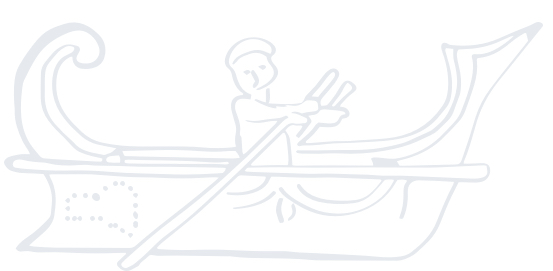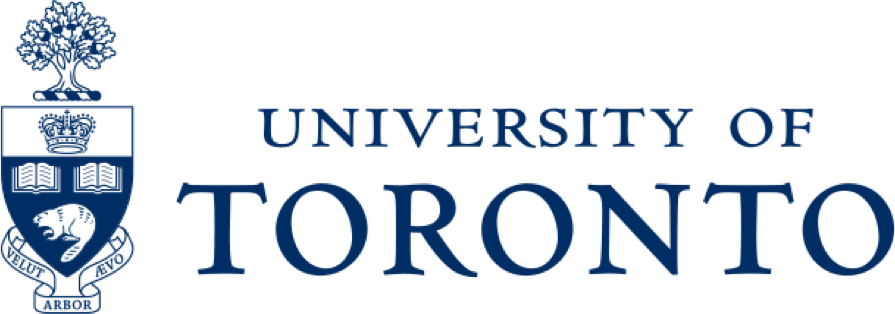
Requirements
All candidates must fulfill the admissions criteria and degree requirements of the unit in which they are enrolled. Candidates indicate in their application to the School of Graduate Studies that they wish to be considered for the Collaborative Specialization. Once admitted to the home program, candidates will then also have their applications reviewed by the MACS committee, and successful candidates will be notified by the Specialization Director. Students do also have the possibility to apply to the Collaborative Specialization once registered in one of the home units, up until the end of their second year of study.
Students must complete a year–long core course, which in all five core units can be counted as an elective, and a fieldwork requirement, which is additional to unit requirements. The core course, Methods in Mediterranean Archeology (1.0 FCE) will consist of 24 weekly classes, split into four blocks of six classes with the following themes: landscape, settlement and demography; technology and economy; connectivity and networks; art and religion. A range of relevant faculty will give classes within each of these blocks, chosen so as to maximize the temporal and spatial breadth encountered within each theme, and to expose students to the range of methods utilized (for example the use of archaeological intensive survey to reveal landscape use, and how epigraphy is used to reconstruct aspects of demography). With the diachronic occupation of a number of key sites in the Mediterranean, special foci on individual sites, such as Knossos, will be an invaluable strategy. Students will be assessed through writing assignments, seminar presentations, and in-class participation. Grades will be on the graduate letter grade scale as indicated by the University Assessment and Grading Practices Policy and deadlines for coursework also follow unit and SGS deadlines. The course will typically be taken in the first or second year of the program. PhD students from participating units will have priority, though it will also be open to students from other units, contingent upon approval from the Specialization committee.
The aim is for the student through the Methods in Mediterranean Archaeology course to develop a critical understanding of what constitutes method within the different domains of Classical archaeology, ancient history, and prehistory, and the challenges and opportunities in working across these methods to produce new frameworks for researching the ancient Mediterranean.
The fieldwork requirement is four weeks on an archaeological project in the Mediterranean, which can be excavation, survey, or a study season. Students will take part in projects run by core faculty from participating units. No prior fieldwork experience is expected or required – the necessary skills will be taught as part of the fieldwork. The fieldwork requirement will be run as a CR/NCR course; students will be required to demonstrate participation and submit a fieldwork daybook to the Specialization committee for assessment and feedback in line with the assessment of student performance in placements policy. Efforts will be made to accommodate students who cannot fulfill the fieldwork requirement for whatever reason. Fieldwork will be funded through a combination of project budgets and scholarships, with no ancillary fees; it will be cost neutral to the student. Faculty have a good track record of success in securing funding for their fieldwork, and already take doctoral students to the field in ongoing projects.
The dissertation topic will be in the area of Mediterranean archaeology/ ancient history/Classical archaeology. The advisory committee will include at least one graduate faculty member affiliated with MACS, and students are encouraged to seek representation on the committee from outside the home unit. Before the thesis defense, all students are required to present a dissertation colloquium where the originality of their research is open to scrutiny before the dissertation is examined.
In addition to the specialization requirements listed above, students will have the opportunity to take part in a Mediterranean Archaeology proseminar series, which launched in September 2017. The proseminar series, which features monthly talks, will provide the opportunity for faculty and students to come together on a regular basis. Attendance will be optional but encouraged. As part of this proseminar series, the students will have the opportunity to organize an annual workshop.
Upon successful completion of the PhD requirements of the host department and the program, students receive the notation “Completed Mediterranean Archaeology Collaborative Specialization” on their transcript.
Students must complete a year–long core course, which in all five core units can be counted as an elective, and a fieldwork requirement, which is additional to unit requirements. The core course, Methods in Mediterranean Archeology (1.0 FCE) will consist of 24 weekly classes, split into four blocks of six classes with the following themes: landscape, settlement and demography; technology and economy; connectivity and networks; art and religion. A range of relevant faculty will give classes within each of these blocks, chosen so as to maximize the temporal and spatial breadth encountered within each theme, and to expose students to the range of methods utilized (for example the use of archaeological intensive survey to reveal landscape use, and how epigraphy is used to reconstruct aspects of demography). With the diachronic occupation of a number of key sites in the Mediterranean, special foci on individual sites, such as Knossos, will be an invaluable strategy. Students will be assessed through writing assignments, seminar presentations, and in-class participation. Grades will be on the graduate letter grade scale as indicated by the University Assessment and Grading Practices Policy and deadlines for coursework also follow unit and SGS deadlines. The course will typically be taken in the first or second year of the program. PhD students from participating units will have priority, though it will also be open to students from other units, contingent upon approval from the Specialization committee.
The aim is for the student through the Methods in Mediterranean Archaeology course to develop a critical understanding of what constitutes method within the different domains of Classical archaeology, ancient history, and prehistory, and the challenges and opportunities in working across these methods to produce new frameworks for researching the ancient Mediterranean.
The fieldwork requirement is four weeks on an archaeological project in the Mediterranean, which can be excavation, survey, or a study season. Students will take part in projects run by core faculty from participating units. No prior fieldwork experience is expected or required – the necessary skills will be taught as part of the fieldwork. The fieldwork requirement will be run as a CR/NCR course; students will be required to demonstrate participation and submit a fieldwork daybook to the Specialization committee for assessment and feedback in line with the assessment of student performance in placements policy. Efforts will be made to accommodate students who cannot fulfill the fieldwork requirement for whatever reason. Fieldwork will be funded through a combination of project budgets and scholarships, with no ancillary fees; it will be cost neutral to the student. Faculty have a good track record of success in securing funding for their fieldwork, and already take doctoral students to the field in ongoing projects.
The dissertation topic will be in the area of Mediterranean archaeology/ ancient history/Classical archaeology. The advisory committee will include at least one graduate faculty member affiliated with MACS, and students are encouraged to seek representation on the committee from outside the home unit. Before the thesis defense, all students are required to present a dissertation colloquium where the originality of their research is open to scrutiny before the dissertation is examined.
In addition to the specialization requirements listed above, students will have the opportunity to take part in a Mediterranean Archaeology proseminar series, which launched in September 2017. The proseminar series, which features monthly talks, will provide the opportunity for faculty and students to come together on a regular basis. Attendance will be optional but encouraged. As part of this proseminar series, the students will have the opportunity to organize an annual workshop.
Upon successful completion of the PhD requirements of the host department and the program, students receive the notation “Completed Mediterranean Archaeology Collaborative Specialization” on their transcript.

